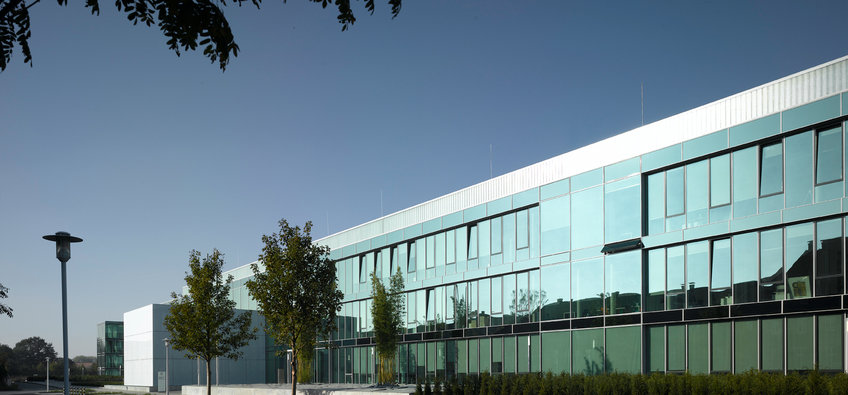
Max Planck Institute for Molecular Biomedicine
The Max Planck Institute for Molecular Biomedicine investigates the formation of cells, tissues and organs. Scientists make use of molecular-biological and cell-biological methods in a bid to discover how cells exchange information, which molecules control their behaviour and what faults in the dialogue between cells cause diseases to develop. The work of the Institute is dedicated to three closely intertwined areas. One field in which the Institute is active is stem cell research. Scientists study how stem cells can be generated and how they might be used to treat diseases. Another research area is that of inflammation processes, where one of the objectives is to fully understand the effects of blood poisoning. The third field of research is blood vessel growth, with the aim of identifying new targets for the development of therapies: blood vessels play an important role in many illnesses.
Contact
Röntgenstr. 2048149 Münster
Phone: +49 251 70365-100
Fax: +49 251 70365-198
PhD opportunities
This institute has an International Max Planck Research School (IMPRS):
IMPRS for Molecular BiomedicineIn addition, there is the possibility of individual doctoral research. Please contact the directors or research group leaders at the Institute.








